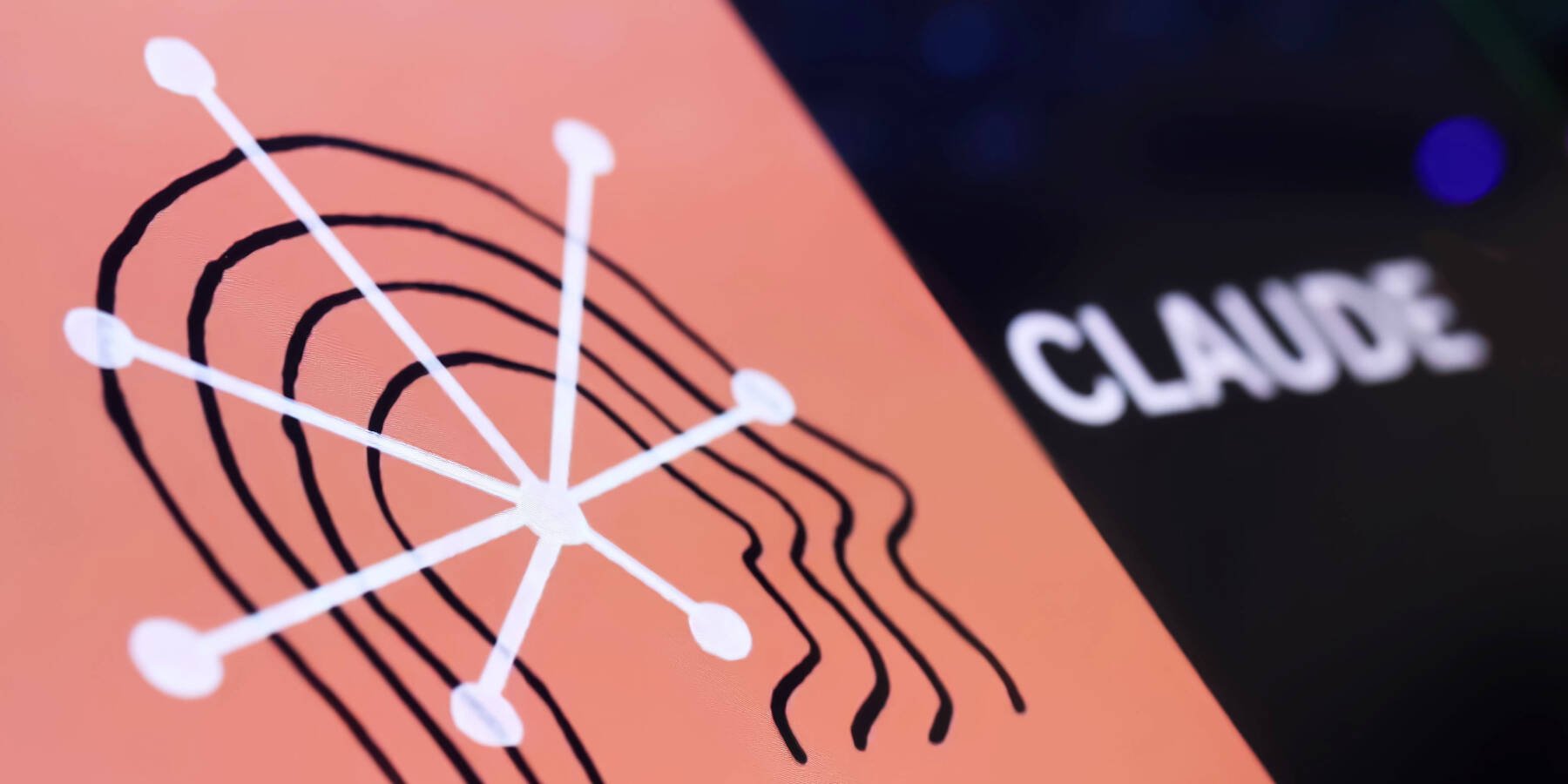+Comment Anthropic has urged the White House to further tighten so-called AI diffusion rules – which are already set to hurt Nvidia and co by limiting or blocking the sale of higher-end GPUs and accelerators outside the US and a select few allies from mid-May. On Wednesday, the San Francisco-based chatbot maker said in a briefing note these looming export controls won't go far enough to stem the flow of smuggled chips fueling China's continued advancements in artificial intelligence. Overall, Anthropic wants tougher limits on not only the legit sale of AI-targeted processors – particularly those from Nvidia – to various nations, but also a hard crackdown on smugglers using countries where said chips are still legal as a proxy to sneak them into China against US export rules.
This comes after Western AI companies were spooked when China's DeepSeek released in late January a free LLM that beat their models on some benchmarks without requiring quite as many resources to train as its American rivals. The export rules in question were published by the Biden administration in mid-January, and sought to address the risks posed by foreign AI infrastructure by establishing three progressively more restrictive tiers. Those tiers are detailed here ; China is in tier three.

Countries lucky enough to fall into the first tier would retain unfettered access to American-designed accelerators, while nations in the second would be subject to strict import limits. Countries finding themselves in the third tier, meanwhile, would effectively be blocked from buying said chips — unless they could convince Uncle Sam to grant an exception. However, as we pointed out at the start of the year, the Trump administration would make the final call whether to move forward.
Anthropic is urging the Trump administration to go even further. "The US currently leads in advanced semiconductor technology and export controls capitalize on the trend of computing power doubling every two years, so while US chip technology continues advancing, China's progress is slowed," Anthropic argued in its note. "This growing efficiency gap means that by 2027, countries using older chips could face AI training costs that are ten times higher than those with cutting-edge American technology.
" Anthropic wants the tiers reworked. In particular, it hopes to see the Trump administration slash the amount of compute tier-2 nations are allowed to buy without talking to Uncle Sam first. "Currently, countries in tier two can buy the equivalent of 1,700 Nvidia H100 advanced chips without needing government permission — roughly $40 million worth of technology.
This creates a potential loophole for smuggling," the LLM lab wrote. That said, it's in favor of increasing the allocation to tier-two countries as long as they have "robust" datacenter security and use "government-to-government agreements that prevent smuggling and align technology controls." Finally, Anthropic suggests the Trump administration should increase funding for export enforcement.
"Enhanced resources for the Bureau of Industry and Security would significantly improve control effectiveness." Anthropic's stance stands in stark contrast to American chip designers, most notably Nvidia, which has already lost billions in revenue to US export controls. Also on Wednesday, Nvidia CEO Jensen Huang just so happened to call on the Trump administration to loosen restrictions on the sale of AI infrastructure outside the US.
"We need to accelerate the diffusion of American AI technology around the world," Huang said in a press briefing. "The policies and encouragement from the administration really need to support that." Nvidia is by far the largest supplier of AI infrastructure in the world, with its GPUs powering the vast majority of training and inference deployments today.
As such, it stands to lose the most should the Trump administration tighten the AI diffusion rules, as Anthropic suggests. Huang's efforts to convince Trump to loosen the rules, which reportedly included attending a $1 million-a-head dinner with the President at Mar-a-Lago, apparently aren't playing out the way the GPU supremo hoped. Earlier this month the chip goliath booked a $5.
5 billion charge tied to newly implemented export controls on the sale of H20 accelerators to China, including Hong Kong, and other nations of concern. Revenues lost to US export controls are likely to grow considerably should the Trump administration push ahead with the rules. Anthropic's stance on US trade policy might seem like a strange and potentially risky play given Nvidia's dominant position in the AI ecosystem.
It sure would be a shame if something happened to their allocation, right? However, Anthropic is far less reliant on Nvidia's hardware than most of its competitors. The California lab maintains a close relationship with Amazon Web Services — one of its largest backers — and makes extensive use of its custom Trainium AI accelerators to develop of its Claude family of models. (Incidentally, Amazon was said to have suffered an internal GPU usage crunch in 2024.
) Late last year, AWS revealed Project Rainier, an AI supercomputer containing hundreds of thousands of its Trainium2 accelerators, set to power on this year and provide Anthropic with "5x the number of exaFLOPS used to train its latest generation of AI models." Stifling Chinese progress in AI is arguably more important to Anthropic than getting on Huang's bad side. The release of China's DeepSeek R1 back in January shook the AI industry to its core.
The base model from which the LLM was derived was said to be trained using much less, but still significant, compute required by its Western competitors. Since then, Chinese cloud providers and model builders have continued to pump out ever-more competitive models such as Alibaba's Qwen 2.5 Max, QwQ, and this week a whole zoo of Qwen 3 models.
But it's not just China. The US AI diffusion rules are likely to disrupt the supply of AI accelerators to much of the developed world, which means Anthropic, OpenAI, and other American model builders will face less competition and are less likely to suffer embarrassment at the hands of other nations as well. It seems that Anthropic may just get its wish.
Earlier today, Reuters, citing several persons "familiar with the matter" reported that the White House was weighing whether to do away with the three-tier split and negotiate with world governments for a share of US accelerators on a one-on-one basis, making the accelerators yet another bargaining chip in Trump's arsenal. ®.
Tech

Anthropic calls for tougher GPU export controls as Nvidia's CEO implores Trump to spread the AI love

This couldn't possibly be about Chinese model builders taking some of the shine off US rivals, could it? +Comment Anthropic has urged the White House to further tighten so-called AI diffusion rules – which are already set to hurt Nvidia and co by limiting or blocking the sale of higher-end GPUs and accelerators outside the US and a select few allies from mid-May....















